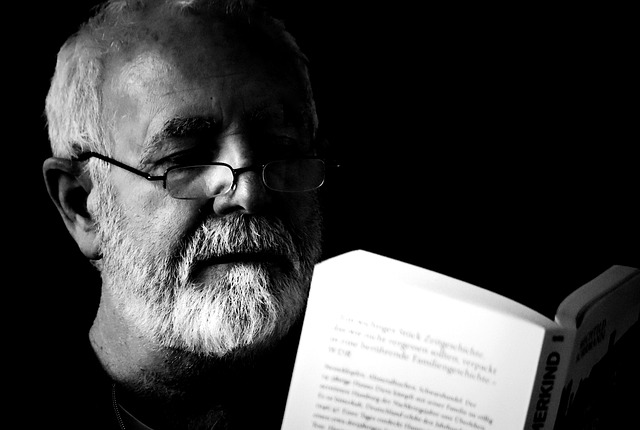
A Clockwork Orange
A Clockwork Orange, a film directed by Stanley Kubrick and released in 1971, is an adaptation of Anthony Burgess's novel of the same name. The film is notable for its exploration of themes such as free will, morality, and the nature of evil. It presents a dystopian future where societal control and individual choice clash in a violent narrative that raises profound questions about humanity.
The Storyline
The plot centers around Alex DeLarge, a young delinquent who revels in violence and chaos. He leads a gang that engages in criminal activities, including theft and assault. However, after being apprehended by the authorities, Alex undergoes an experimental rehabilitation technique known as the Ludovico technique, which conditions him to associate feelings of nausea with violent thoughts. This transformation strips him of his free will, rendering him incapable of choosing between good and evil.
Key Themes
A Clockwork Orange delves into several critical themes:
- Free Will vs. Control: The film raises questions about the extent to which society can impose control over individuals. Through Alex's conditioning, Kubrick illustrates the dangers of sacrificing free will for the illusion of safety.
- The Nature of Goodness: The film suggests that true goodness must come from within. After Alex's transformation, his inability to choose good actions raises doubts about the authenticity of his morality.
- Violence and Society: The portrayal of violence in the film serves as a commentary on societal desensitization. Kubrick does not shy away from depicting brutality, forcing viewers to confront their own perceptions of violence.
- Technology and Humanity: The Ludovico technique symbolizes the potential dangers of technological advancements when applied to human behavior. It questions whether technology can truly improve society or if it merely serves to control it.
Stanley Kubrick's Adaptation
Kubrick's adaptation of A Clockwork Orange was not initially planned. The screenplay was developed after he received a copy of the novel from Terry Southern. Interestingly, Kubrick's wife had also read the book and encouraged him to consider it. The film diverges from the novel in several ways, particularly in its ending. Kubrick found the original conclusion too optimistic and opted for a more ambiguous finale that leaves viewers questioning the nature of Alex's transformation.
Reception and Impact
Upon its release, A Clockwork Orange received mixed reviews. Critics were divided over its graphic content and moral implications. Vincent Canby of The New York Times noted the film's disturbing nature but acknowledged its artistic merit. Over time, however, the film has gained recognition as a classic, often cited for its innovative cinematography and thought-provoking narrative.
Conclusion
A Clockwork Orange remains a significant work in both literature and cinema. Its exploration of complex themes continues to resonate with audiences, prompting discussions about morality, free will, and the role of society in shaping individual behavior. Kubrick's bold vision and Burgess's original narrative combine to create a film that is as relevant today as it was at its release.

















 The World of PUBG: Blindspot
The World of PUBG: Blindspot 
 Health
Health  Fitness
Fitness  Lifestyle
Lifestyle  Tech
Tech  Travel
Travel  Food
Food  Education
Education  Parenting
Parenting  Career & Work
Career & Work  Hobbies
Hobbies  Wellness
Wellness  Beauty
Beauty  Cars
Cars  Art
Art  Science
Science  Culture
Culture  Books
Books  Music
Music  Movies
Movies  Gaming
Gaming  Sports
Sports  Nature
Nature  Home & Garden
Home & Garden  Business & Finance
Business & Finance  Relationships
Relationships  Pets
Pets  Shopping
Shopping  Mindset & Inspiration
Mindset & Inspiration  Environment
Environment  Gadgets
Gadgets  Politics
Politics 